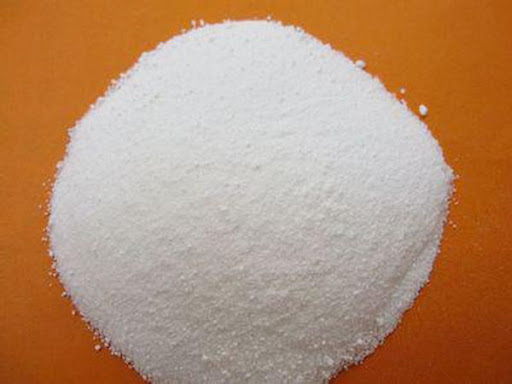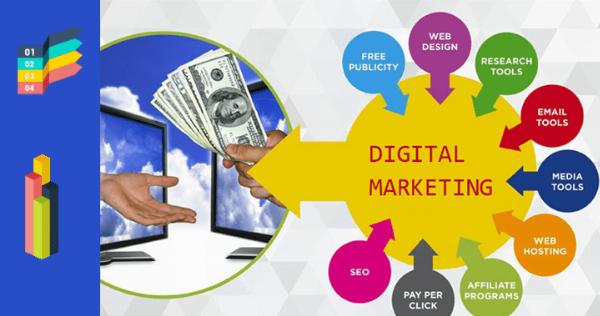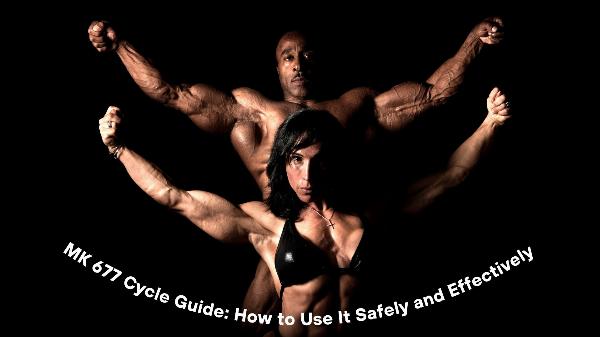Maximizing Your Tourism Websites Potential: The Power of Paid Advertising Campaigns
In today's highly competitive tourism market, having a strong online presence is crucial for driving sales and attracting customers. Tourism businesses must find effective ways to promote their offerings, and one of the most powerful tools at their disposal is paid tourism website advertising. This article explores how to maximize a tourism website's potential through paid advertising campaigns, the importance of tourism advertisement strategies, and how to promote a tourism business effectively. Paid advertising on tourism websites is a proven method for reaching new customers, building brand awareness, and increasing bookings. Unlike organic search engine optimization (SEO) efforts, which can take time to yield results, paid campaigns deliver immediate traffic and engagement. Whether running a small local travel agency or a large international tour operator, paid advertising can help attract the right audience and achieve business goals.
Paid tourism website advertising works by promoting a business through digital ads on various platforms, including search engines (e.g., Google Ads), social media (e.g., Facebook, Instagram), and other tourism-focused websites. Ads can be targeted based on specific demographics, locations, interests, and behaviors, ensuring that they reach the most relevant audience. The primary types of paid advertising for tourism businesses include:
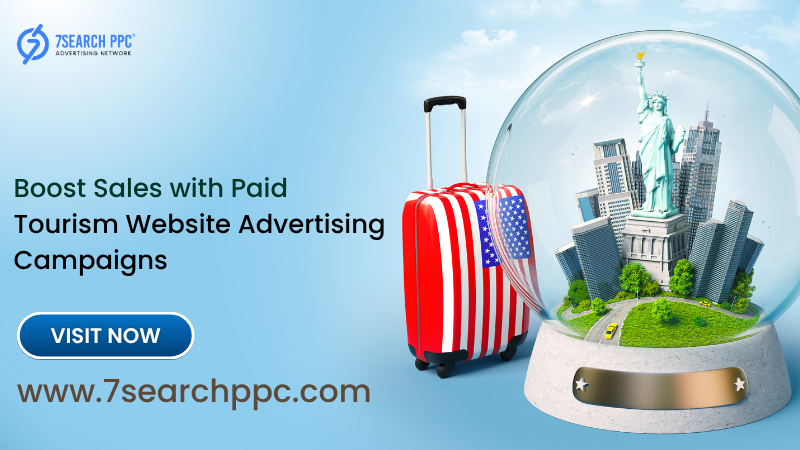
- Pay-Per-Click (PPC) Ads: These ads appear on search engines like Google and Bing. The advertiser pays each time someone clicks on the ad, making it a cost-effective way to attract qualified traffic.
- Display Ads: These visual ads are shown on websites, blogs, and other online properties. Display ads are designed to attract attention with images and creative content.
- Social Media Ads: Platforms like Facebook, Instagram, and Pinterest offer paid advertising options that allow reaching highly targeted audiences based on interests, behaviors, and location.
- Remarketing Ads: These ads target users who have previously visited the tourism website but did not make a purchase. Remarketing helps re-engage potential customers and encourages them to complete a booking.
Paid advertising allows scaling marketing efforts quickly and tracking performance metrics such as click-through rates (CTR), conversions, and return on investment (ROI).
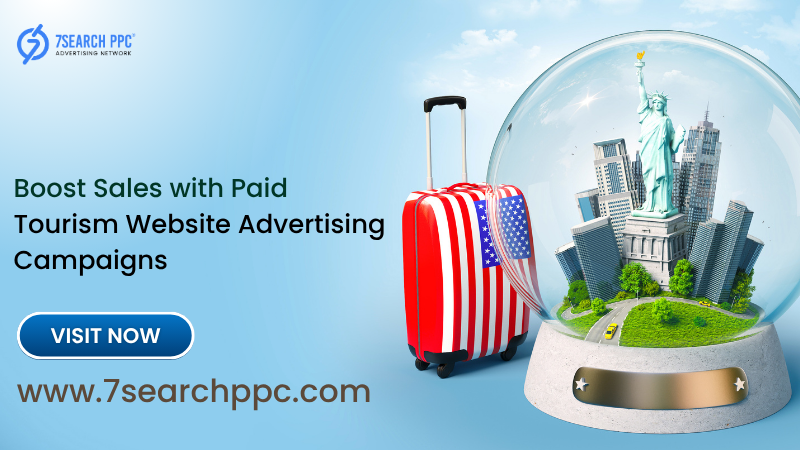
Why Tourism Website Advertising is Essential for Business Promotion
Effective online advertising can make a significant difference in reaching the right audience and driving bookings for tourism businesses. Here are the key reasons why tourism website advertising is essential for business promotion:

Increased Visibility
With millions of potential tourists browsing the internet daily, the online space is crowded with competition. Paid advertising helps stand out from the competition and ensures that a tourism business appears in front of its target audience. By placing ads in front of potential travelers at the right moment, the chances of converting leads into actual sales increase.
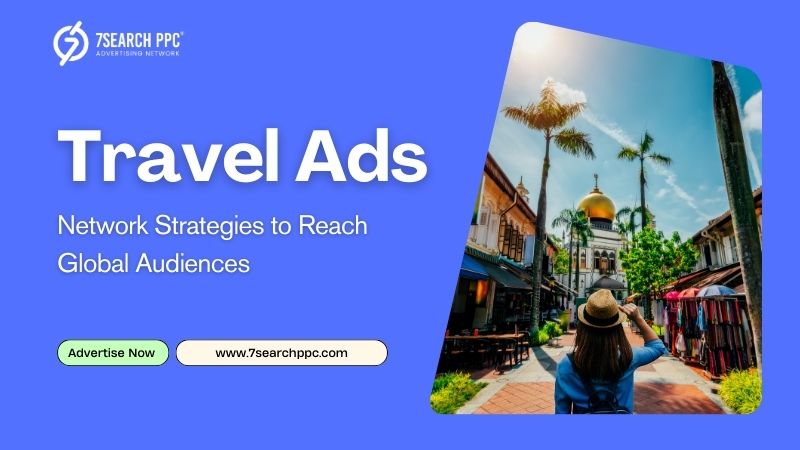
Targeted Marketing
Tourism businesses often cater to specific niches such as adventure tourism, luxury travel, eco-tourism, or family vacations. Paid advertising allows targeting ads based on these specific interests, ensuring campaigns resonate with people most likely to book with the business. For example, if offering eco-tourism experiences, ads can be targeted to users who have shown interest in sustainable travel, nature conservation, and outdoor adventures.
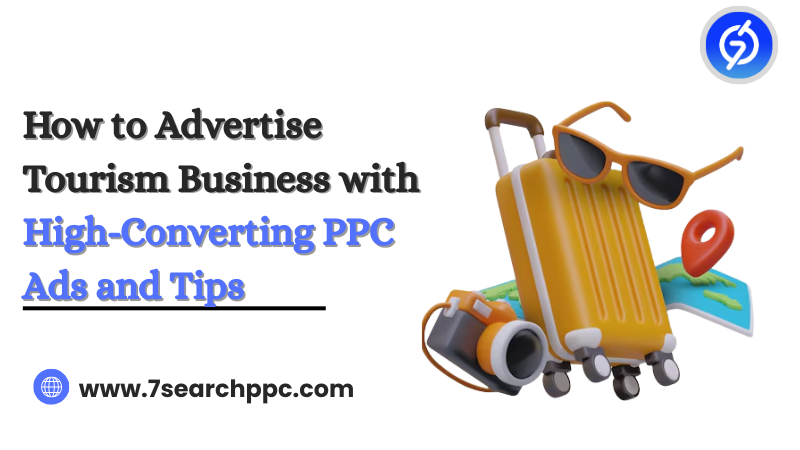
Immediate Results
Unlike SEO efforts that require months of optimization and ranking improvement, paid advertising delivers immediate results. Whether launching a limited-time offer or promoting a new travel package, paid campaigns can generate instant traffic and bookings, helping meet sales goals faster.

Budget Control and Flexibility
This comprehensive guide highlights the transformative impact of strategic paid advertising campaigns on boosting tourism website potential, illustrating real-case examples and offering actionable insights for maximizing online presence.


